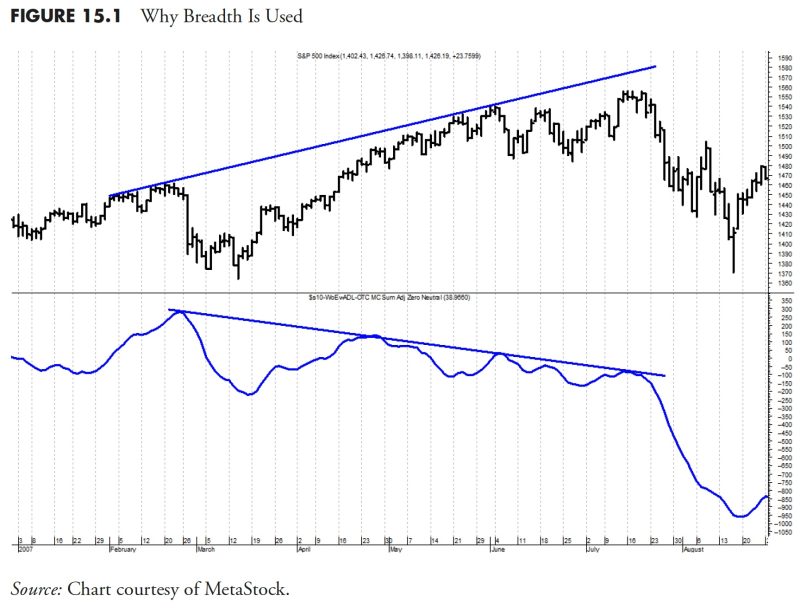In the realm of personal finance and wealth management, the application of rules-based money management strategies can be an invaluable tool when aiming to optimize financial outcomes and mitigate risks. By adhering to a set of predetermined guidelines and principles, individuals can establish a disciplined approach towards money management that promotes consistency, efficiency, and rational decision-making.
The foundation of rules-based money management lies in setting clear and specific guidelines for various aspects of financial planning and investment. These rules cover a range of considerations, from budgeting and saving to investing and risk management. By delineating clear parameters for how money should be allocated and managed, individuals can reduce the subjective and emotional factors that often lead to poor financial choices and behaviors.
One key aspect of rules-based money management is the establishment of an emergency fund. Setting aside a designated amount of savings to cover unforeseen expenses or financial emergencies is a fundamental rule that can provide a crucial safety net in times of crisis. By adhering to this rule, individuals can avoid falling into debt or depleting their long-term savings when unexpected expenses arise.
Another important rule in money management is maintaining a balanced portfolio in investment decisions. Diversification across different asset classes and sectors can help spread risk and minimize exposure to market volatility. Setting specific allocation targets for various types of investments, such as stocks, bonds, and alternative assets, can help individuals achieve a well-rounded and resilient investment portfolio.
Rules-based money management also involves setting guidelines for spending and budgeting. By establishing clear limits on discretionary spending, creating a monthly budget, and tracking expenses, individuals can gain better control over their financial resources and avoid overspending or accumulating debt. Following these rules can promote healthy financial habits and ensure that resources are used in a purposeful and intentional manner.
When it comes to risk management, rules-based approaches can help individuals navigate volatile market conditions and economic uncertainties. Establishing rules for setting stop-loss orders, defining risk tolerance levels, and rebalancing portfolios at regular intervals can help minimize losses and protect capital during periods of market turbulence. Following these rules can instill discipline and prevent emotional decision-making in response to market fluctuations.
In conclusion, rules-based money management offers a structured and systematic approach to financial planning and investment that can help individuals achieve their long-term financial goals. By adhering to clear guidelines and principles, individuals can foster discipline, consistency, and rational decision-making in managing their money. Whether it’s saving for emergencies, diversifying investments, budgeting expenses, or managing risks, implementing rules-based strategies can empower individuals to take control of their financial futures and build wealth effectively.
